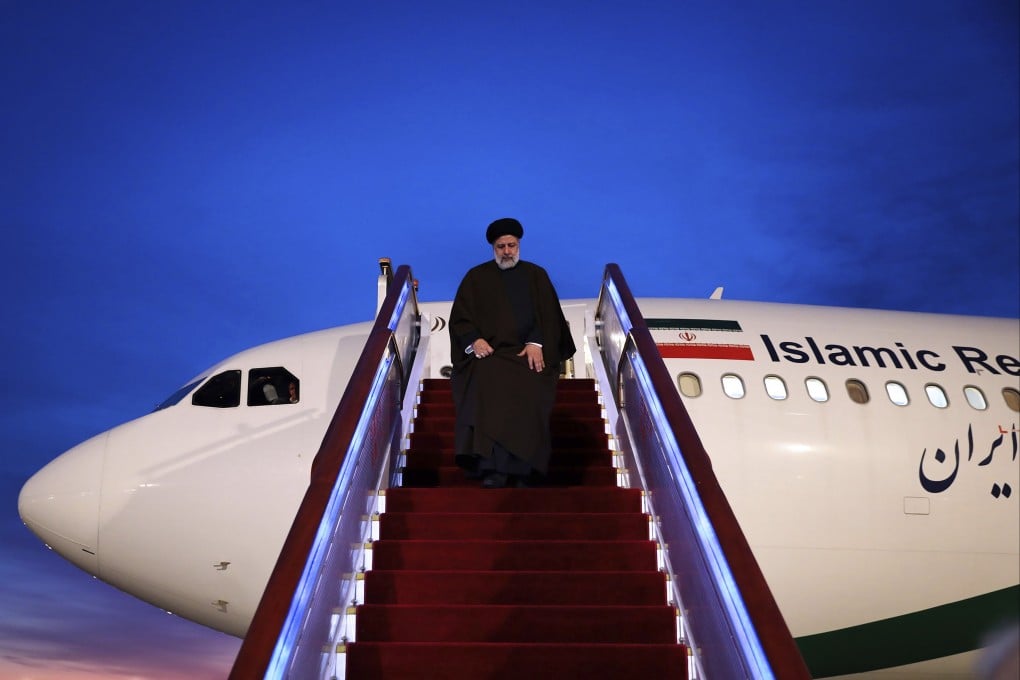Advertisement
China pulls off balancing act in Middle East ties – but for how long?
- Iranian President Ebrahim Raisi’s visit to Beijing seen as show of solid relations, but it followed months of tensions after Gulf summit
- Agreement with Tehran could cause ‘ripple effect’ in regional diplomacy and provoke resistance from Israel and Saudi Arabia, observer says
Reading Time:4 minutes
Why you can trust SCMP
4

China has taken a balanced approach to its ties with Iran and other Middle Eastern countries, but observers question whether its foreign policy in the region will be sustainable as its rivalry with the US intensifies.
Few foreign leaders have been feted as much as Iranian President Ebrahim Raisi during his visit to Beijing last week. Upon arrival, Raisi inspected honour guards and was greeted with a 21-gun salute during a welcome ceremony hosted by Chinese President Xi Jinping at the Great Hall of the People.
The next day, he took the podium at the prestigious Peking University, where he called for joint resistance against threats from the United States and its allies before being awarded an honorary professorship.
Advertisement
In a rare arrangement, the Iranian leader joined local Muslims for prayers on Wednesday night at a 666-year-old mosque in downtown Beijing. While there, he accused the US of creating insecurity in the Middle East and praised Iran’s growing ties with China.
The three-day visit was seen as the latest display of strong ties between China and Iran amid escalating tensions with the US. Observers said it was also a sign of Beijing’s balanced approach to diplomacy in the Middle East.
Advertisement
Advertisement
Select Voice
Choose your listening speed
Get through articles 2x faster
1.25x
250 WPM
Slow
Average
Fast
1.25x